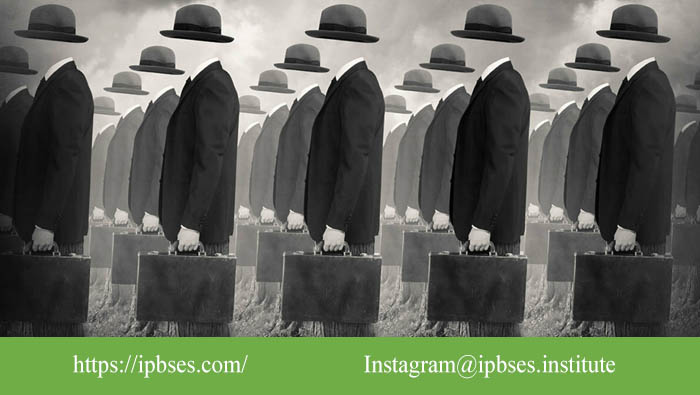پژوهشگران دانشگاه وست مینیستر و یونیورسیتی کالج لندن انگلستان، دانشگاه وین اتریش و دانشگاه کونستانتس آلمان در پژوهشی مشترک به بررسی تاثیر تفکر تحلیلی و نقادانه برای کاهش باور به نظریه توطئه و مدیریت رفتار گلهای در گروههای مختلف پرداختند.
روش:
در این پژوهش ترکیبی پیمایشی/آزمایشی در ۴ مرحله تعداد ۱۴۳۱ داوطلب شرکت نمودند.
ابزارهای پژوهش شامل پرسشنامه اطلاعات دموگرافیک، پرسشنامه باور به نظریه توطئه، پرسشنامه سبک تفکر REIm، پرسشنامه آزاد اندیشی AOT، مقیاس نیاز به شناخت، مقیاس نیاز به خاتمه، و آزمون سلاست کلامی بودند.
یافتهها:
- زمانی که سطح تفکر تحلیلی و نقادانه پایینتر باشد، باور به نظریه توطئه در افراد بیشتر است.
- هر چه آزاد اندیشی در افراد پایینتر باشد، باور به نظریه توطئه در افراد بیشتر است.
- هنگامی که تفکر شهودی در افراد نیرومندتر باشد، میزان باور به نظریه توطئه در آنها بیشتر است.
- هر چه میزان باور به نظریه توطئه در افراد بیشتر باشد، بروز رفتار گلهای در آنها بیشتر است.
- تمرین تفکر تحلیلی و اصلاح سبک شناختی یادگیری منجر به کاهش باور به نظریه توطئه در افراد میشود.
راهبردهای کارکردی:
- آموزش تفکر تحلیلی و نقادانه منجر به مدیریت و کاهش باور به نظریه توطئه و در نتیجه کاهش رفتار گلهای در افراد میشود.
- کنترل باور به نظریه توطئه و مدیریت رفتار گلهای به ویژه در عرصههای عمومی مدیریت بحران همچون پاندمی کووید-۱۹ و حبابها/ ریزشهای اقتصادی بازارهای مالی بورس سهام و فارکس بسیار مهم است.
- نهادهای مالی موثر در بازارهای مالی بورس سهام و فارکس، بویژه کارگزاریها، میتوانند با ارائه آموزشهای مهارتهای تفکر تحلیلی و نقادانه به مدیریت و کاهش نظریه توطئه و رفتار گلهای در بین معاملهگران و سرمایهگذاران بازارهای خود اقدام نمایند.
Analytic thinking reduces belief in conspiracy theories
Abstract
Belief in conspiracy theories has been associated with a range of negative health, civic, and social outcomes, requiring reliable methods of reducing such belief.
Thinking dispositions have been highlighted as one possible factor associated with belief in conspiracy theories, but actual relationships have only been infrequently studied.
Method
In Study 1, we examined associations between belief in conspiracy theories and a range of measures of thinking dispositions in a British sample (N = ۹۹۰).
Results indicated that a stronger belief in conspiracy theories was significantly associated with lower analytic thinking and open-mindedness and greater intuitive thinking.
In Studies 2–۴, we examined the causational role played by analytic thinking in relation to conspiracist ideation. In Study 2 (N = ۱۱۲), we showed that a verbal fluency task that elicited analytic thinking reduced belief in conspiracy theories.
Results
In Study 3 (N = ۱۸۹), we found that an alternative method of eliciting analytic thinking, which related to cognitive disfluency, was effective at reducing conspiracist ideation in a student sample.
In Study 4, we replicated the results of Study 3 among a general population sample (N = ۱۴۰) in relation to generic conspiracist ideation and belief in conspiracy theories about the July 7, 2005, bombings in London.
Conclusion
Our results highlight the potential utility of supporting attempts to promote analytic thinking as a means of countering the widespread acceptance of conspiracy theories.
Keywords
Conspiracy theories, Analytic thinking, Experiential thinking, Open-mindedness, Thinking dispositions.
لینک منبع پیشنهادی برای مطالعه بیشتر  (further reading)
(further reading)



